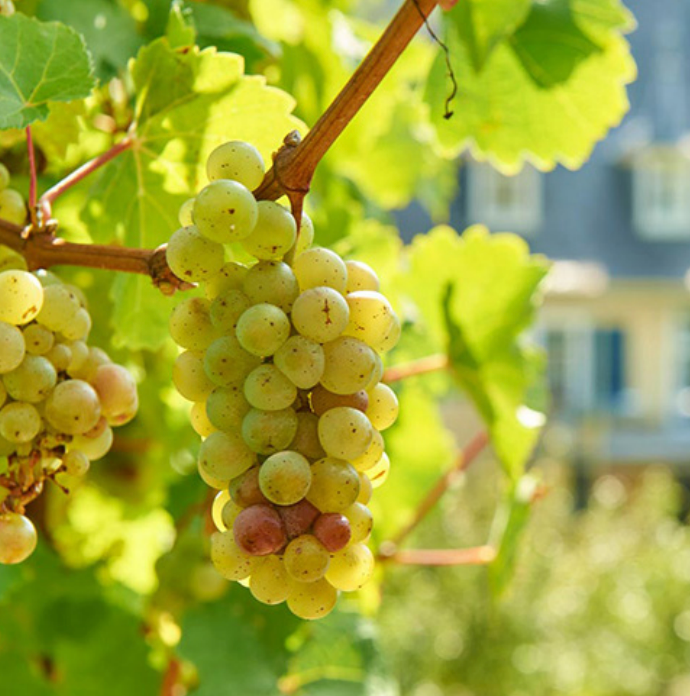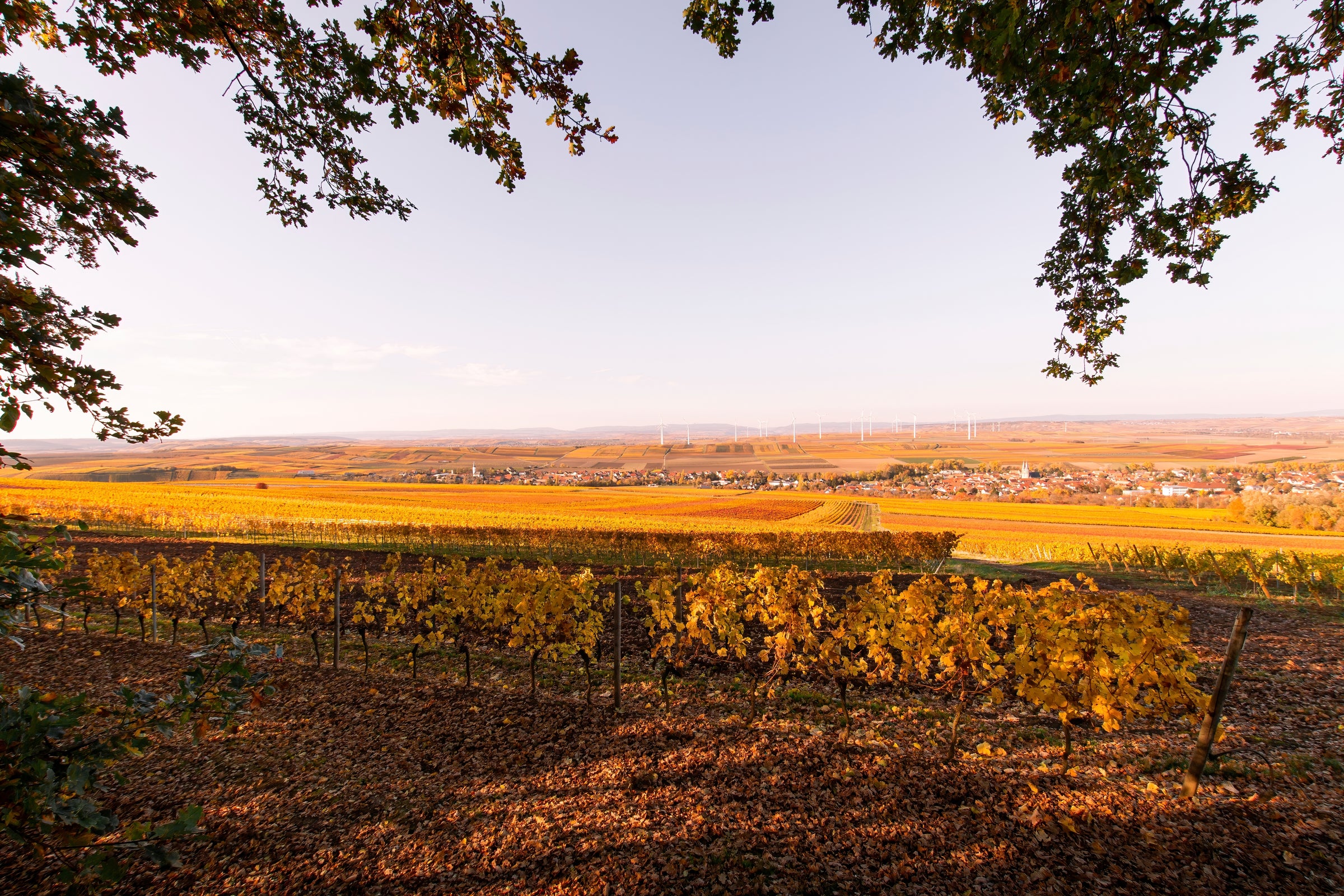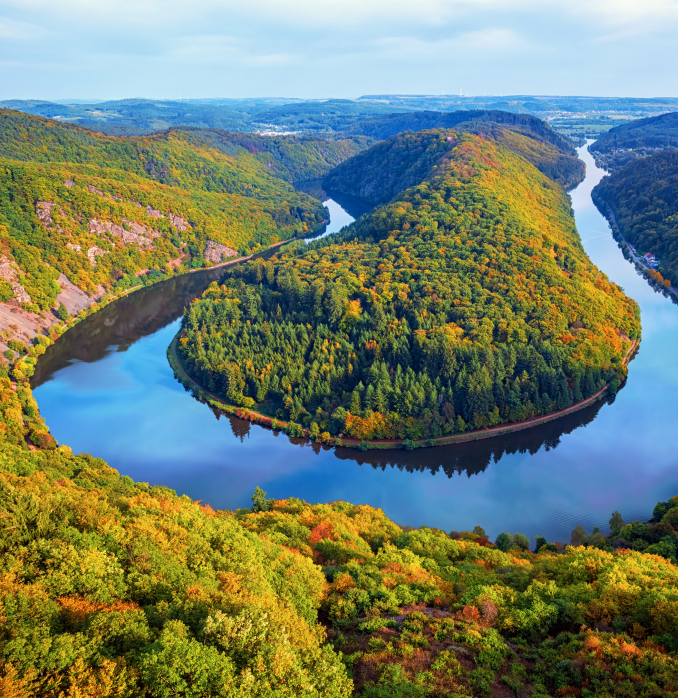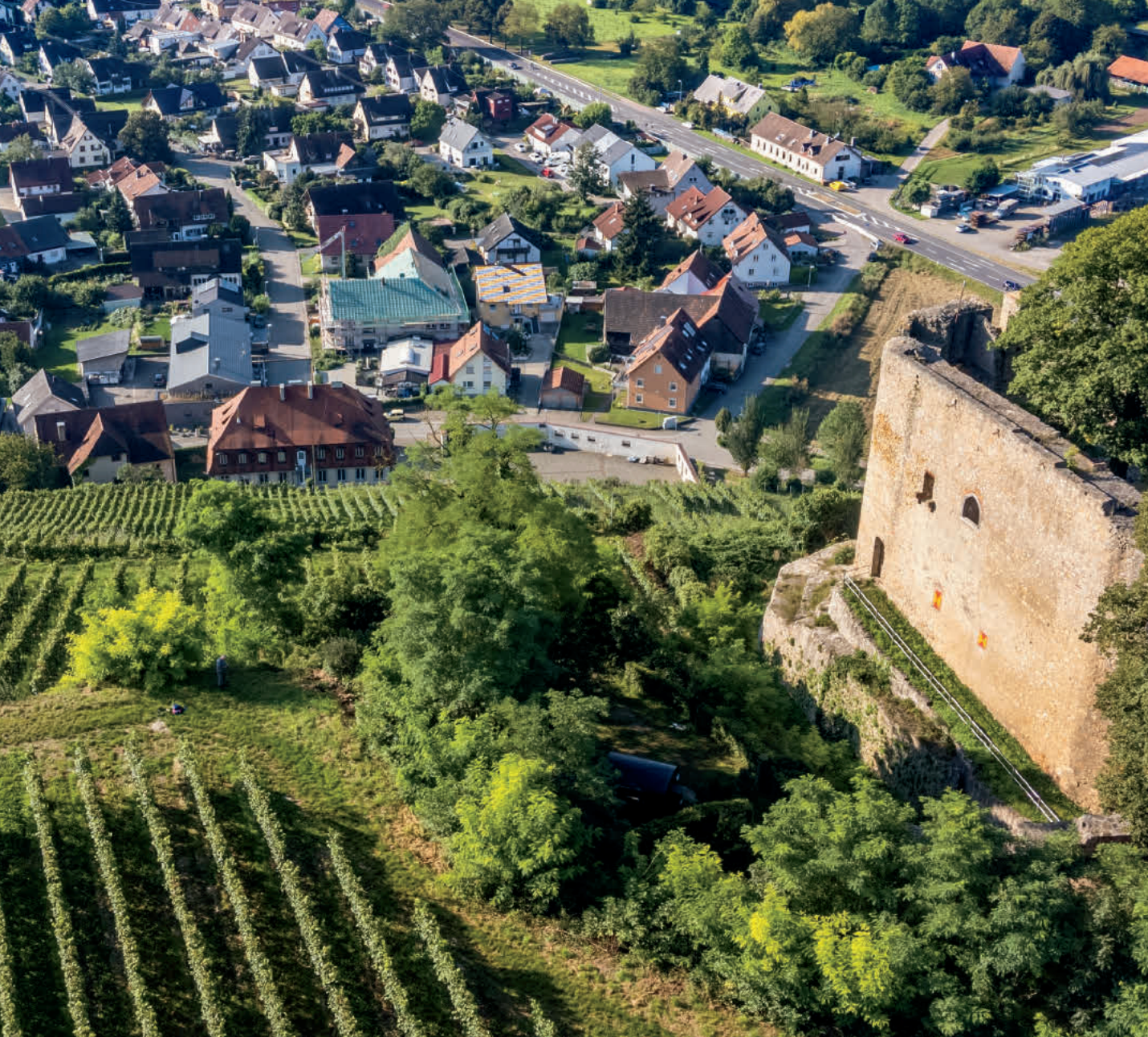If ever I needed to prove that Riesling is one of the greatest and most dynamic varieties on the planet, I’d reach for several bottles of Mosel Kabinett and smile as the “naysayers” liberally refilled their glasses after the first taste. There’s simply nothing in the world like it, and today’s offer is all the evidence you’ll need if you’ve ever wondered why Riesling has been celebrated by wine connoisseurs for generations.
Weingut Vols’ 2018 “Stirn'' takes everything that makes Riesling Kabinett brilliant—terroir transparency, heady aromatics, beguiling sweet/savory interplay, and thirst-quenching refreshment alongside head-spinning complexity—and crams it all under one cork. Add in the fact that it comes from one of the most revered sites in Mosel-Saar-Ruwer, Ayler Kupp, and has the capacity to age exquisitely for 15 or more years, and you’ve got a bottle no Riesling novice or die hard should pass up!
The Vols estate is barely more than 10 years old, but its owner Helmut Plunien is already part of a quiet revolution taking place in this far western corner of Germany. The Saar River he calls home is a tributary of the more famous Mosel, and the vineyards here, tucked into twisting valleys and buffeted by cool easterly winds, produce the raciest and most razor-edged Rieslings in the world. For most of the Saar’s history, its wines were often praised but rarely seen: if growers were lucky, they’d get three or four vintages per decade that were warm enough to ripen their grapes. But a warm growing season is the norm these days, and as a result, attention has refocused on the Saar for its ability to yield joyous, low alcohol wines.
Not that this wine lacks seriousness or pedigree. As far as Saar vineyards go, Ayler Kupp is second in esteem only to the legendary and shockingly expensive “Scharzhofberg.” It is, after all, a Grosse Lage (Grand Cru-equivalent) vineyard. However, the vineyard name “Kupp” can cause confusion in the Mosel region, as the German word kuppe translates to knoll or hilltop. Historically, this word was a general term for parcels that sat at advantageously higher elevations, but has since become a popular vineyard name—you’ll find “Kupp” in the towns of Wiltingen, Saarburg, and Ayl, the latter of which is the source of today’s gem. The “Stirn” section of Kupp is at the very peak of the hill, further contributing to the wine’s sense of tension and levity. “Steep” doesn’t begin to describe these vertiginous slopes: At over 50% incline, they can only be farmed by hand by the most dedicated farmers. This bottle proves that their effort is worth it.
Plunien hand farms his tiny (barely more than six hectares) estate organically—still quite a rarity in Germany—and interferes as little as possible in “Kupp” to allow the terroir of this special site to shine through. His manually harvested grapes ferment spontaneously in a combination of stainless steel and old, large oak barrels. The wines are never fined at bottling, and the results are simply stunning.
This wine is a masterclass in Riesling precision. In the glass, it’s a shimmering pale yellow with flecks of silver. The nose pulls you in with honeydew, apricot, lime, spearmint, and a faint whiff of smoke. On the palate, it’s stony, deep, and incisive with green mango, fresh-cut apple, and crushed slate minerality. There is ample residual sugar, but the lightning acidity and dry extract make it a pleasant and much-need accessory. I promise “too sweet” won’t ever cross your mind—whether it’s the first or last glass. Serve this cool, around 45 degrees, and you’ll be reaching for a second bottle before you know it. The pairing options are virtually limitless here: Thai or Vietnamese food; pan-seared scallops or shrimp in a lemon-based pan sauce; even a fatty pork chop. A word to the wise: stock up on a case because while you’ll want to drink it all now, aged Kabinett is one of the most under-appreciated styles in the world.








